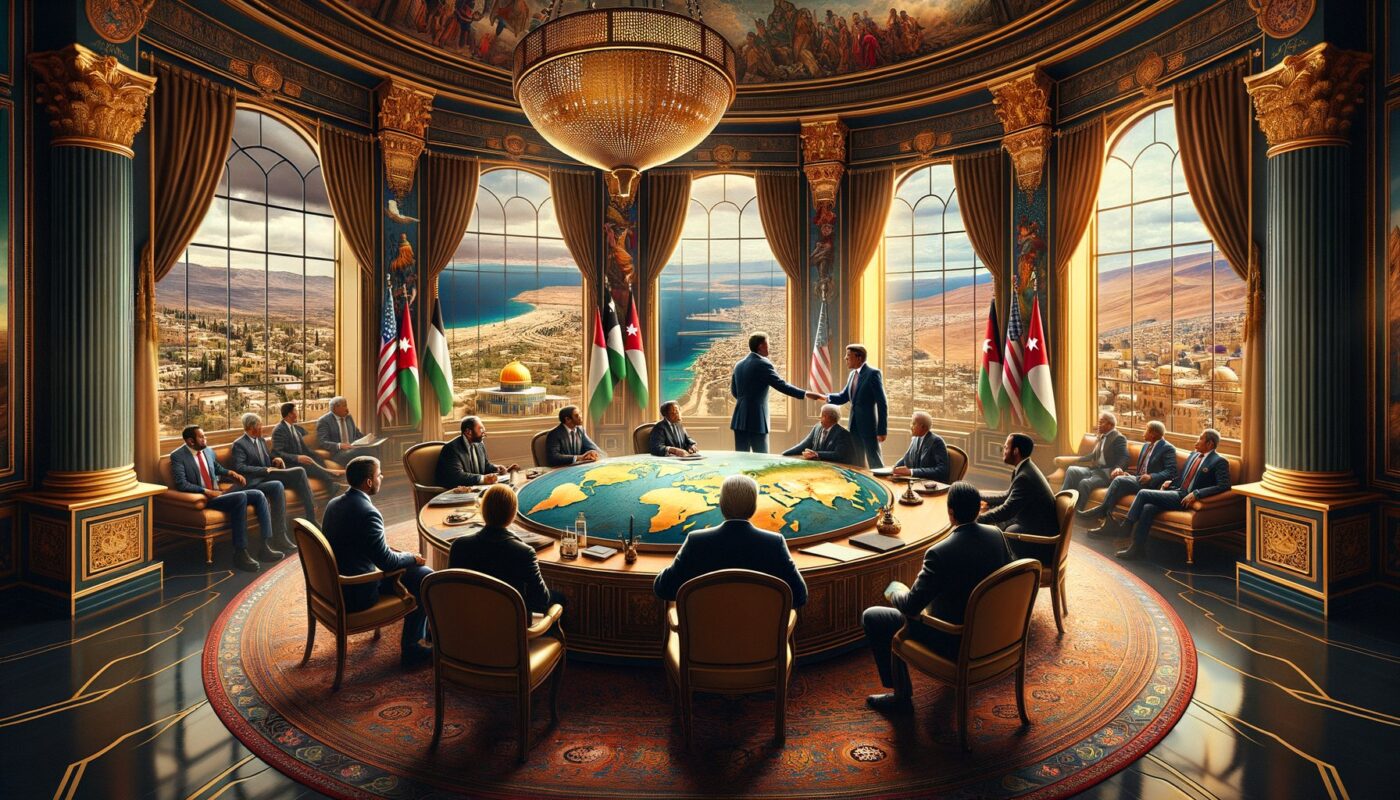In a significant development, Russia has advised its citizens to avoid traveling to Western countries, particularly the United States, Canada, and certain European Union states. This warning comes amid escalating tensions between Moscow and the West, with potential implications for global diplomacy.
Escalating Tensions and Security Concerns
Maria Zakharova, the spokeswoman for Moscow’s Ministry of Foreign Affairs, issued a travel advisory cautioning Russians to exercise vigilance if considering trips to the United States and its allies. She pointed to the “serious risks” involved, stating that Russian citizens might find themselves the subject of scrutiny due to the current geopolitical climate. The statement references potential safety risks linked to heightened tensions in Russian-American relations, described as being “on the verge of rupture.” These concerns are mirrored in the U.S.’s own advisories against travel to Russia due to potential detentions and other risks.
Backdrop of the Ukraine Conflict
The travel warning is deeply rooted in the ongoing Ukrainian conflict, which has driven a wedge between Russia and many Western nations. The United States has been a crucial supporter of Ukraine, providing extensive military and financial aid, further straining ties with Moscow. Recent authorizations by the U.S. for Ukraine to employ long-range missiles have exacerbated the situation, prompting Russia to issue stern warnings and adjust its military strategies.
Zakharova’s remarks highlight Russia’s viewpoint that Western nations, led by the U.S., are aggravating hostilities. The situation has deteriorated to a level reminiscent of the Cold War era, with comparisons being made to the 1962 Cuban Missile Crisis.
Political Repercussions and Diplomatic Stalemates
Both superpowers accuse each other of detaining their citizens on ambiguous and politically motivated charges. This mutual distrust has resulted in several high-profile prison swaps, with each side leveraging these incidents as diplomatic tools. The recent exchange in August, facilitated by mediation from Turkey, underscores the complexity and depth of the tensions involved.
Despite overtures by some NATO leaders for peace discussions, Russia maintains its firm stance on Ukraine’s geopolitical alignment, particularly its potential NATO membership. Responses to these diplomatic efforts suggest a hardened posture from Moscow, expecting concessions that match its agenda, as echoed in Zakharova’s statements regarding the need for acknowledgment of Russia’s territorial claims for substantial peace talks to proceed.
For a deeper dive into U.S.-related strategic engagements affecting this dynamic, refer to our analysis on Secretary Blinken’s visit to Jordan and Turkiye.
A Call for Caution as Diplomatic Channels Navigate Challenges
As global leaders grapple with these complex issues, Russians are urged to weigh the potential personal and diplomatic repercussions of travel to the West. The advisory also reflects on broader uncertainties affecting international relations, potentially influencing personal safety and diplomatic exchanges.
Russia’s engagement in this charged narrative is emblematic of the broader strategic calculations playing out across the world stage, where diplomacy and national security are interwoven with the challenges of modern geopolitics.
Warning : This information is indicative and without guarantee of accuracy. Consult a professional before making any decision.





